The presence of European protected species, designated sites, and priority habitat and species are a material consideration within the planning process and requires robust assessment prior to planning approval.
Ecology is fast becoming a primary consideration through the early stages of development particularly with the introduction of Biodiversity Net Gain affecting the viability of projects, and Brindle and Green are qualified to advise you from the onset of the viability study or planning process.

A Preliminary Ecological Appraisal is the first stage of the ecology survey process and comprises an extended phase one habitat of the site, which provides a baseline assessment of the site condition and suitability to support protected species and priority habitats. The report provides the client with a comprehensive assessment of the ecological value on site and makes recommendations for further ecological surveys (If required) to facilitate an Ecological Impact Assessment of the site.
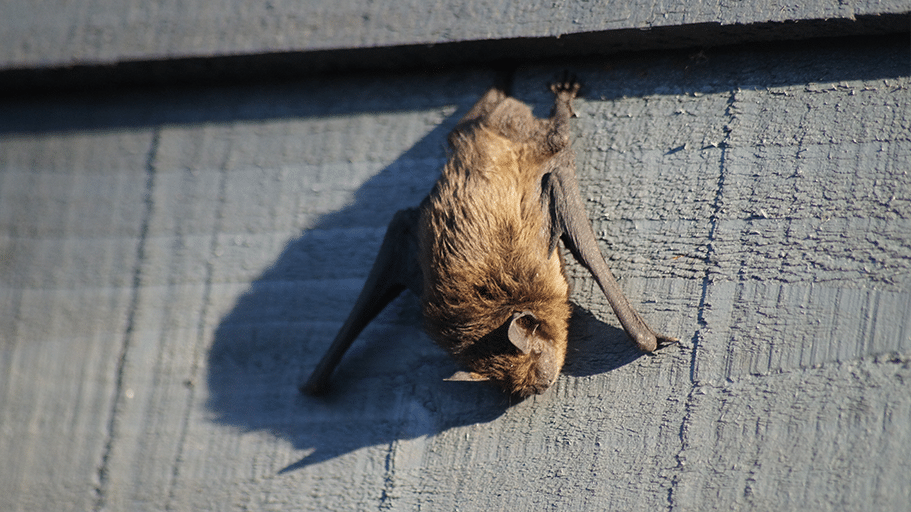
This type of survey is commonly requested by the council for small scale renovation and extension projects on residential properties, or as part of a larger Preliminary Ecological Appraisal. The assessment can be undertaken year-round and assesses structure(s) for suitability to support roosting bats and may recommend further bat surveys to determine presence or likely absence of protected species.
If bats are found to be present , a mitigation and compensation scheme will be produced considering the impacts of the proposals and may result in the need for a Mitigation Licence applied for and granted by Natural England to allow the works to proceed.
A Mitigation licence is required when your work proposals will have an impact on a protected species and would result in a breach of wildlife legislation. The licence enables derogation from protection normally afforded to the species and can only be issued for projects with a purpose of preserving public health or safety, or projects of imperative reason of overriding public interest. A mitigation licence will often form part of a pre-commencement condition of planning as such needs to be approved by Natural England prior to the onset of works on site.
A large percentage of mitigation licences produced by Brindle and Green relate to badgers, and European Protected Species, notably, but not exclusively to Bats and Great Crested Newts. We also have the expertise to submit applications for otter, water vole and hazel dormice where necessary.
We have an experienced inhouse team which extends to sub-consultants with whom Brindle and Green can tackle and implement most licensable activities.
Brindle and Green in conjunction with our ecological contracting team are experienced in successfully applying for sett closure licences, creating artificial badger setts and closing badger setts under licence across the UK. We can provide comprehensive advice and planning to ensure that badgers to do cause unnecessary delays to undertaking site works following a successful planning application.
Our in-house ecologists frequently provide advice to clients on the licensing process in relation to bats and the mitigation process prior to application. We can prepare licence applications, supervise implementation of working measures, and offer support during the build process.
There are three licencing options for Great Crested Newt licences running at present, the traditional Mitigation Licence (EPSL) which is secured following survey work and usually includes onsite mitigation and monitoring, the District Level Licence (DLL) which is being rolled out throughout the UK where survey work is not required, but a conservation payment will be required depending on the estimated impact, and the Low Impact Class Licence (LICL) which is suitable for small short term projects.
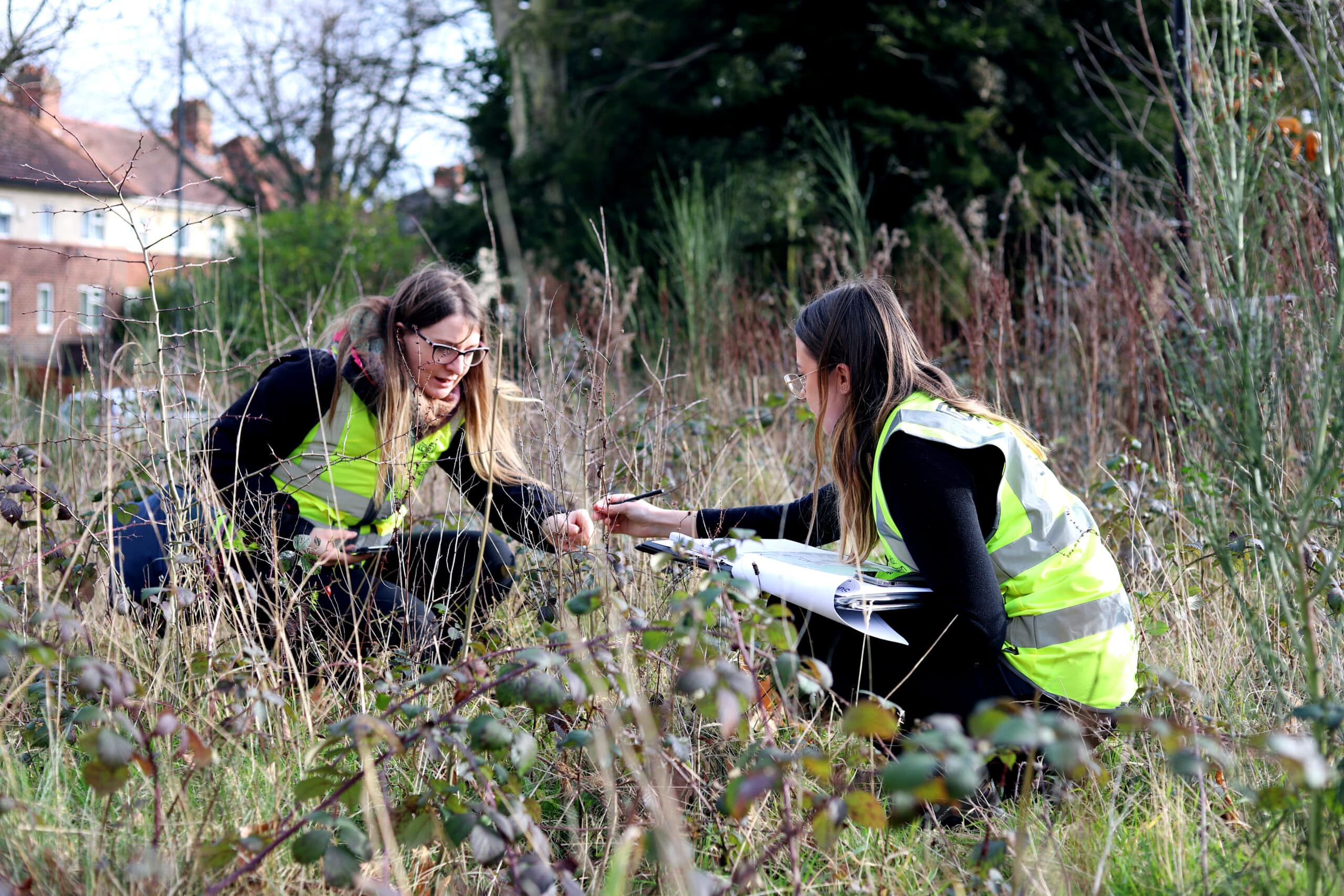
Ecological Impact Assessment is the process of reporting the likely impact of a development on habitats and protected species considering mitigation, compensation, and enhancement. The report utilises the results of phase 2 surveys recommended as part of the PEA, and results in the designing out of, or mitigation of negative impacts. The submission of an EcIA report is considered best practice and provides the Local Planning Authority with detailed ecological information relating to the site, and includes site-specific prescriptions to be secured to and adhered to through the development process such as non-licenced method statements for protected species (where applicable), Construction Environment Management Plans (CEMP), Landscape Ecological Management Plans (LEMPs), Ecological Enhancement Strategies (EES) and Habitat Management Plans (HMPs).
Biodiversity gain is an approach to development which aims to leave the natural environment in a measurably better state compared to the recorded baseline condition prior to any development works. The process is referred to within the National Planning Policy Framework (NPPF) and is introduced as a requirement for development within The Environment Act 2021 which stipulates Biodiversity gains of at least 10% measured using Natural England Biodiversity Metric Tool (Currently V3.1) or The Small Sites Metric where applicable.
The policy is currently in a transition period set to become mandatory during late 2023.
Early ecological support within a scheme is essential to ensure viability of proposed schemes, and to provide support in the provision of compensatory measures if net loss in biodiversity cannot be avoided.

Habitat Regulations Assessment is required when a development proposal falls within the Impact Zone associated with a Natura 2000 European site such as SPAs, SACs, and Ramsar sites. We are able to provide assistance at all three stages of the process; Screening; an assessment to determine whether a planning proposal could impact the conservation objectives of a European site or significantly impact its current quality (if not, no further work s required), Appropriate Assessment, which would be necessary if a significant risk to a European site is likely, or if you do not have enough evidence to disprove the likelihood of potential risks, and proposes methods to avoid or minimise any effects, and Derogation to determine if the proposal that predicts an adverse effect qualifies for an exemption.
Phase 2 surveys relate to protected species and habitat surveys recommended as a result of the Preliminary Ecological Appraisal and provide the baseline details to allow Ecological Impact Assessment, and the application for mitigation licences where necessary. Our in-house consultants can undertake a variety of protected species and vegetative surveys which can be seasonally constrained.

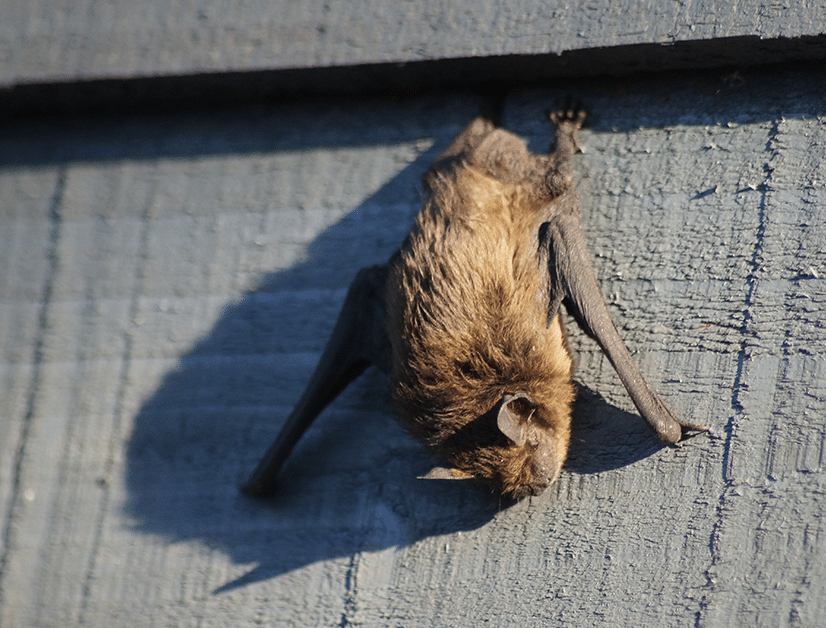
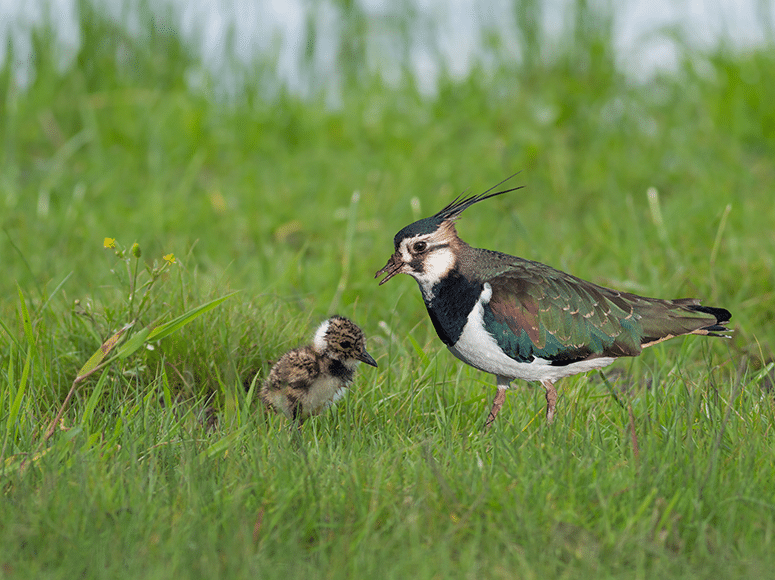
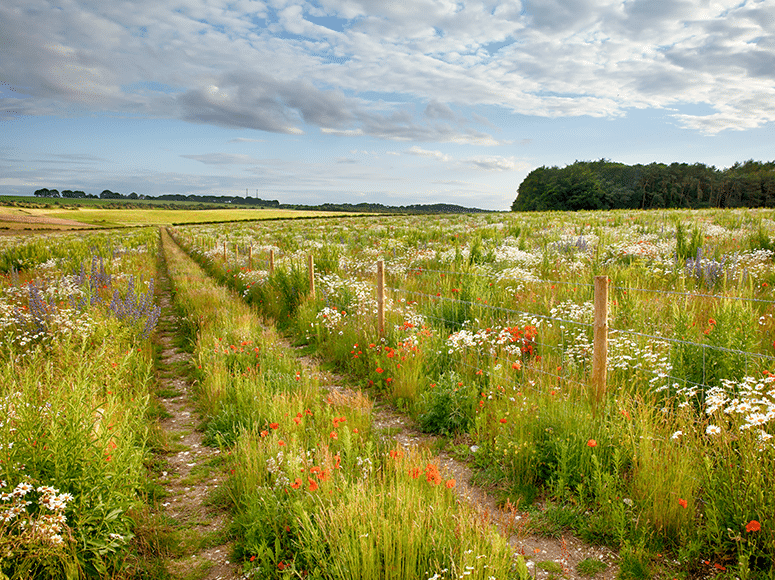


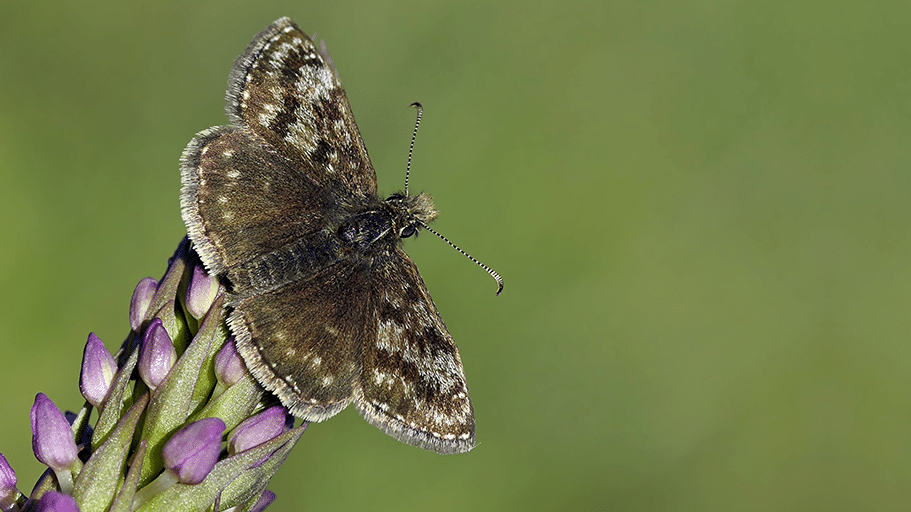


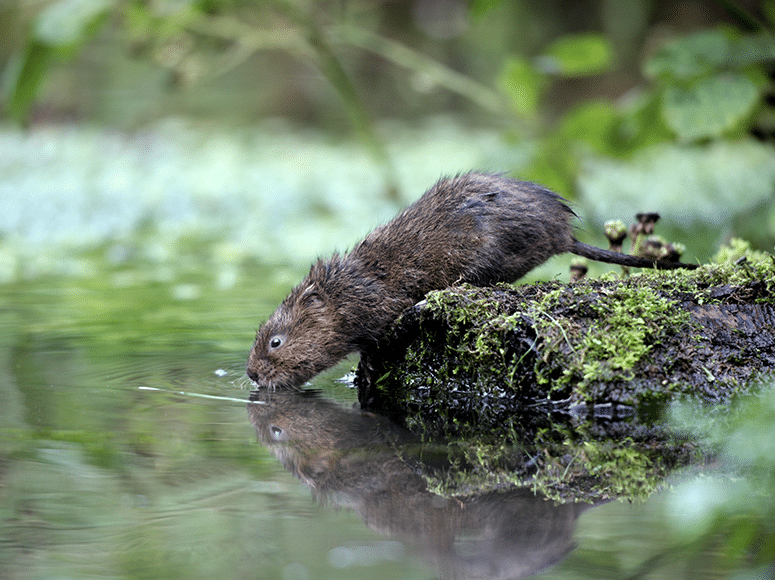

If you are planning to undertaken any renovation or extension work to an existing property or have purchased land to facilitate a residential development, the LPA will have an ecological survey trigger to request information in support of the application. Each LPA will have its own criteria, however an ecological survey such as a Preliminary Roost Assessments for bats can be requested for residential properties constructed prior to 1980 for extension applications despite being in an urban location, so its important to check the LPA requirements to prevent delays to you application.
The earlier an ecologist is involved with a planning application or development scheme the better as we can provide you with an idea of cost and advise a process of works which have the least impact to your project and design aspirations. Ecological surveys can be seasonally constrained, so it is important to seek advice at the start of the process.
Some scoping and baseline surveys can be undertaken year round and these surveys may make recommendations for additional protected species surveys which can be constrained by survey guidance informed by the by the life cycle and behaviour of the particular species.
Please see our survey calendar to understand when survey work can be undertaken at your site.
The preliminary Ecological survey is a baseline report which looks at the suitability of the site, or building to support protected species. There are many factors which can determine if additional survey work is recommended such as the time of year the survey was undertaken, time of day, suitability of habitats to support protected species which require repeated visits to determine presence / absence or population size information which is critical to determine the impacts to ecological receptors as a result of the proposals and inform the planning process.
Yes, but there are two stages to this. A Preliminary Roost Assessment as part of a PEA or a standalone document which assesses the suitability of a building or tree to support roosting bats. The preliminary survey can be undertaken year round by a suitably qualified ecologist and will be graded as having negligible, low, moderate, high suitability to support bats or as a confirmed roost if evidence of bats is found.
The grading of the building dictates the likelihood of bat presence, however if bats are found to be present the survey effort should be sufficient to able characterisation of the roost type ( Breeding, hibernation, summer day roost etc) to determine the impacts to bats.
Bat surveys are constrained by season, and certain roost types need to be surveyed at certain times of year, so if required these need to be undertaken as soon as possible to prevent delays as bats cannot be surveyed over the winter period ….
We’d love to hear from you. Whether you have a question about our services, need project support, or simply want to learn more about how Brindle & Green can help, our team is here to assist.
Phone: 0800 222 9105
Our phone lines are open Monday to Friday, 9am – 5pm.
Email: info@brindlegreen.co.uk
We aim to respond to all enquiries within 1-2 working days.

We’re delighted to welcome Megan Derrick into a full-time role as Graduate Ecologist after an outstanding season with us.

Charlie Martin has moved from his seasonal position into a full-time role as Ecological Mitigation Assistant – a transition shaped by enthusiasm, curiosity, and a genuine passion for ecology.

Scott Reast, Financial Controller marks 10 years with the company – a decade defined by commitment, adaptability, and an unwavering contribution to our growth and success.